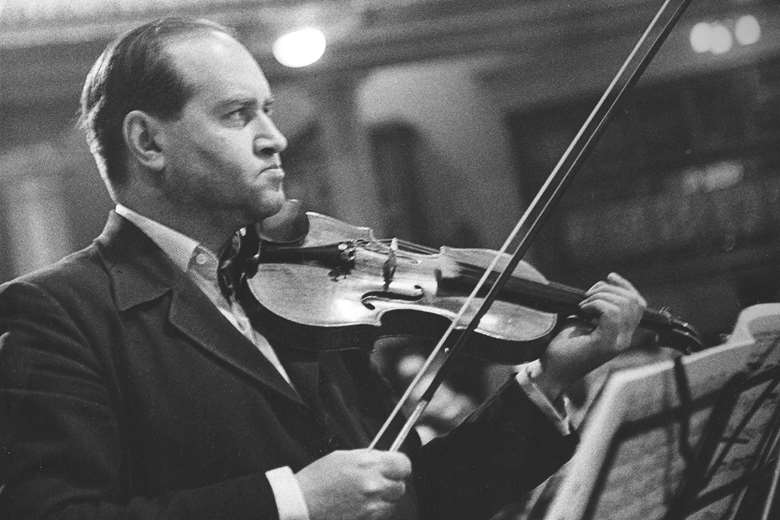Review - David Oistrakh: The Warner Remastered Edition – The Complete Columbia & HMV Recordings
Rob Cowan
Friday, November 1, 2024
Rob Cowan on a revealing collection of recordings by the Russian violinist David Oistrakh

Register now to continue reading
Thanks for exploring the Gramophone website. Sign up for a free account today to enjoy the following benefits:
- Free access to 3 subscriber-only articles per month
- Unlimited access to our news, podcasts and awards pages
- Free weekly email newsletter








